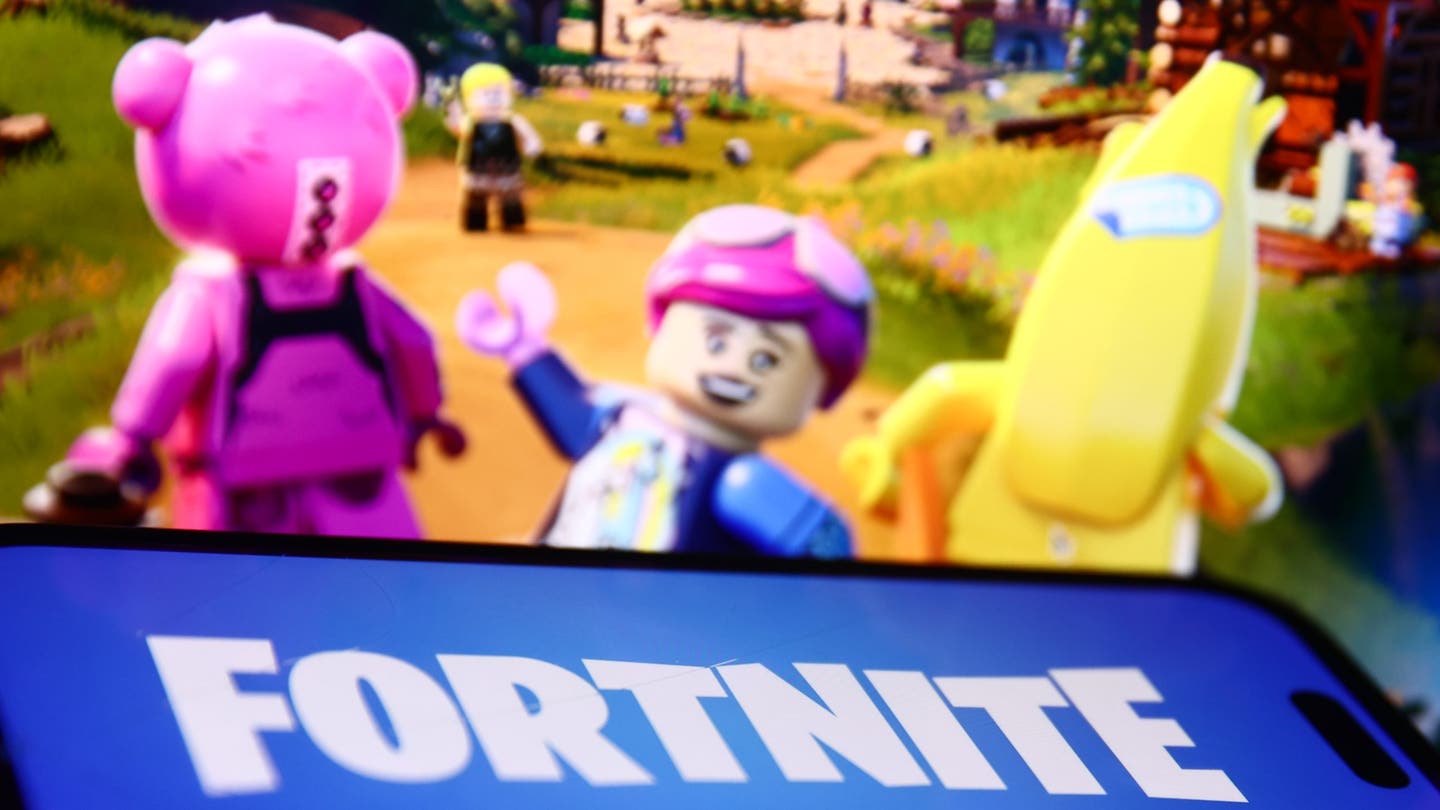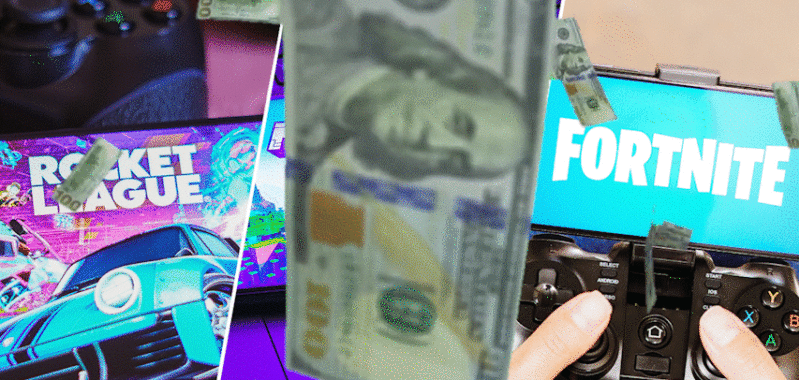A federal agency announced it’s monitoring video games that include in-app purchases, digital currencies and external marketplaces often used by children.
Games that include these features can effectively operate as banks of sorts but aren’t subject to the same types of regulations or protections, according to a Consumer Financial Protection Bureau report released last week. The agency also questioned whether children or parents were aware of the vast amount of data gaming companies collect.
“For several years, the most popular video games have included immersive virtual worlds that offer the storage and exchange of valuable assets,” CFPB wrote. “Gaming companies have created digital marketplaces that facilitate the buying, selling, and trading of these assets with limited consumer protections, which has led to potentially harmful practices for players including financial losses due to theft and scams.”
For years, video games like the mega-hit “Fortnite” have allowed users to make microtransactions — small, optional fees players can pay to obtain items or other features. In many cases, users must purchase in-game currencies bought with real dollars — similar to tokens purchased at brick-and-mortar spots like Dave & Buster’s or Chuck E. Cheese.
CFPD reported that video games like Fortnite could be children’s introduction to banking. (Neilson Barnard/Getty Images)
GOATS, GOOGLE AND GAMES: THE FUTURE IMPACT OF A TECH GIANT’S PUSH TO TRAIN AI TO PLAY VIDEO GAMES
CFPB warned that digital currencies, purchased items and other assets can amount to a “considerable value” in terms of real money. But those closed markets aren’t subject to regulations meant to protect asset holders.
“Banking and payment services that facilitate the storage and exchange of valuable assets generally provide consumer protections, including recourse after unauthorized transactions,” CFPB wrote in its report. “Yet operators of gaming and virtual worlds typically emphasize a ‘buyer beware’ approach.”
The agency was particularly worried about children, who may be using these markets without their parents knowing.
“For many young people today, gaming may be their introduction to financial activity,” CFPB wrote. “For example, gaming provides young people the opportunity to learn about earning currency, managing assets, and making purchases.”

A CFPB report warned that video games with features like in-app purchases and digital currencies behave like banks but aren’t subject to the same regulations. (Jakub Porzycki/NurPhoto via Getty Images)
NOW THAT ARTIFICIAL INTELLIGENCE CAN CLONE VOICES, VIDEO GAME ACTORS MUST WEIGH THEIR OPTIONS
“Gaming companies may view young players as an opportunity to create lifelong consumers early,” the report continued.
Because players can accumulate assets in these video games worth considerable sums of real money, gamers could face a significant financial loss if their accounts are hacked or if they fall prey to scammers.
Those risks have increased as the value of gaming assets has risen, according to CFPB. But players might have limited recourse since traditional banking and payment system protections don’t apply.
“In complaints to the [Federal Trade Commission] and CFPB, several players reported hacking attempts, account theft, scams, unauthorized transactions, and losing access to game currencies and virtual items, but they received limited recourse from gaming companies,” the bureau wrote. Gaming companies often put “the burden on individual players to avoid these scams and phishing attempts.”

CFPB warned that many video games collect a massive amount of data, a fact parents of young players may be unaware of. (Frazer Harrison/Getty Images)
CLICK HERE TO GET THE FOX NEWS APP
Meanwhile, publishers can also collect significant information about their users, including location data, social media data and behavioral interactions, “such as how a player responds to personalized incentives,” according to the CFPB report.
“There is risk that gamers may be harmed when their data is sold, bought, and traded between companies, including for purposes outside of game play,” the report continued. “Additionally, the vast accumulation of data collected from consumers by gaming companies raises questions as to whether privacy rules are being adhered to and whether consumers, especially young ones and their parents, are fully aware of how their data is being collected and used across the industry.”
Ultimately, CFPB didn’t indicate it was taking action against the video game industry, instead noting that it’s “monitoring” the situation.

